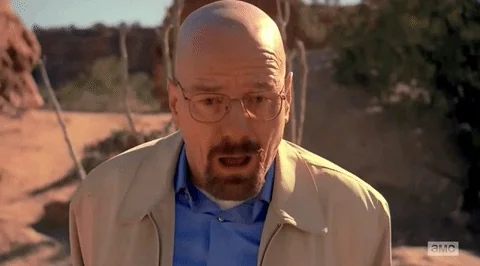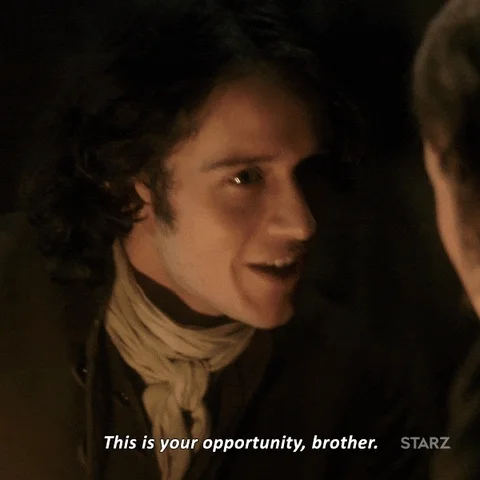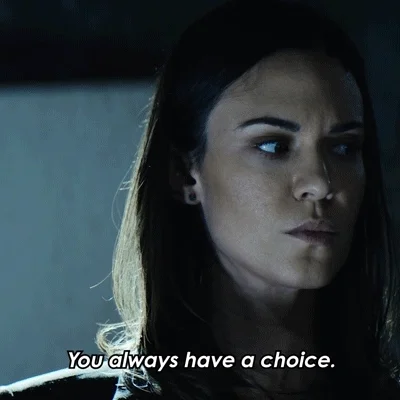Imagine you're having your final exam tomorrow. It's important and you need to prepare now.
But instead of studying, you find yourself scrolling Instagram reels. You know it's wrong but you just can't stop. You feel guilty but you continue scrolling.
This situation is a good example of cognitive dissonance: when your actions go against your beliefs or plans.
Cognitive dissonance is a challenging and uncomfortable experience that can impact how you make decisions.

What is cognitive dissonance?
Cognitive comes from a Latin word that means "to get to know". Dissonancecomes from another Latin word that means "conflict".
When you experience cognitive dissonance, you have two beliefs that go against each other, or you act against your beliefs.
 Photo by Ali Inay on Unsplash
Photo by Ali Inay on UnsplashExample of cognitive dissonance: Sara believes that a healthy diet should be a priority but she can't resist another piece of waffle with some cream on top of it. She thinks, "Just one more piece won't cause a lot of harm."
These two conflicting beliefs are a sign of cognitive dissonance. People can experience cognitive dissonance about simple and very complicated issues.
Quiz
When do people usually experience cognitive dissonance?
What might you feel while experiencing cognitive dissonance?
You may experience:
Confusion because you have a mental conflict
Anxiety because you have to make a choice
Tension because you can experience pressure
Guilt because you have to either give up your previous belief or change your behavior
Frustration because it causes a lot of stress
 Photo by Uday Mittal on Unsplash
Photo by Uday Mittal on UnsplashHow does cognitive dissonance affect your decisions?
It's human nature to want to get rid of cognitive dissonance and return to a balanced state of mind. You need to make a decision to resolve the dissonance. You either change your beliefs or change your actions.
If the dissonance is difficult to resolve, some people might rationalize their feelings — they might find excuses instead of honestly evaluating the problem and choosing a productive way to deal with it.
Sara from our previous example rationalized her unhealthy choice of diet. This approach might have helped her feel less guilty but didn't resolve the dissonance in a productive way.

How do I react to cognitive dissonance?
There are productive and unproductive ways to make decisions reacting to cognitive dissonance.

Productive
Recognize your cognitive dissonance, but be critical of your thoughts
Reflect on it and take time to consider all the details of the situation
Be open to changing either beliefs or behavior
Be ready to withstand temptation or
peer pressure

Unproductive
Deny or ignore your cognitive dissonance because you're afraid to take action
Rationalize your harmful behavior
Come up with excuses to feel better about your actions
Consider the example of chemistry teacher turned drug dealer Walter White from the TV series Breaking Bad.
He had to face a huge cognitive dissonance: wishing to earn money for his family, he chose to violate the law by selling drugs and even killing people. He convinced himself that he was a good person who committed all this crime to save his family. In the end, he ruined their lives.
It's a good example of how rationalizing wrong behavior can't resolve the dissonance — but it can make a problem even more horrible.

Quiz
Thomas is John's best friend. Thomas is being bullied at school and John wants to protect Thomas. However, he is afraid he might become less popular or become another target for classmates. What is a productive way for Thomas to solve the dissonance?
Are there hidden opportunities in cognitive dissonance?
While cognitive dissonance can be quite uncomfortable, you can see it as a hidden blessing. It offers an opportunity to:
Reevaluate the beliefs you hold
Better align your beliefs and actions
Cognitive dissonance has the power to help us deepen our understanding of ourselves and the world.

Take Action

If you're feeling cognitive dissonance, consider these steps before you make a decision:
Your feedback matters to us.
This Byte helped me better understand the topic.
